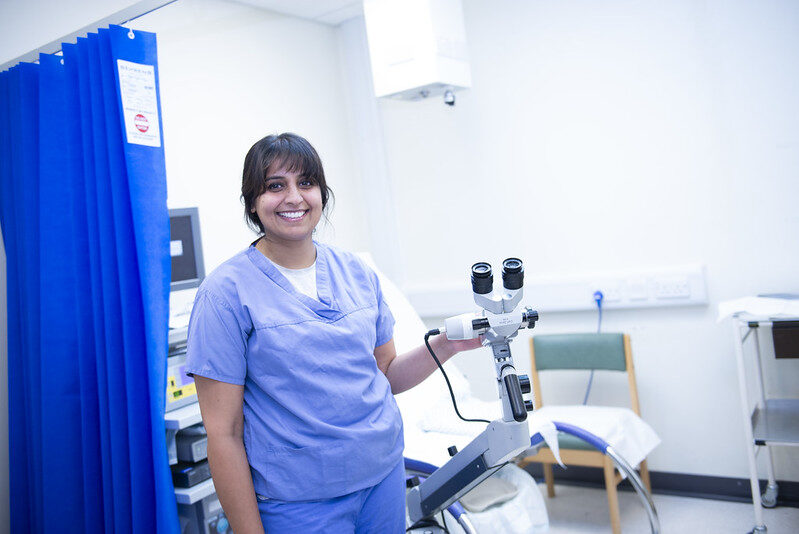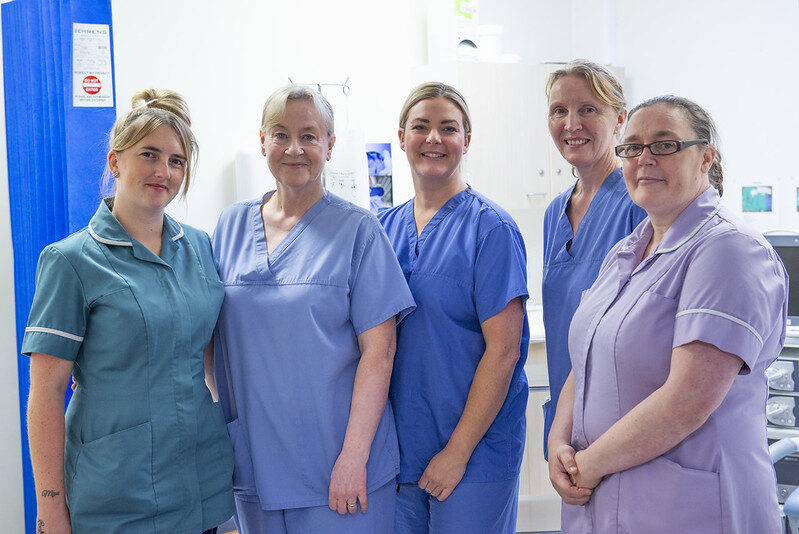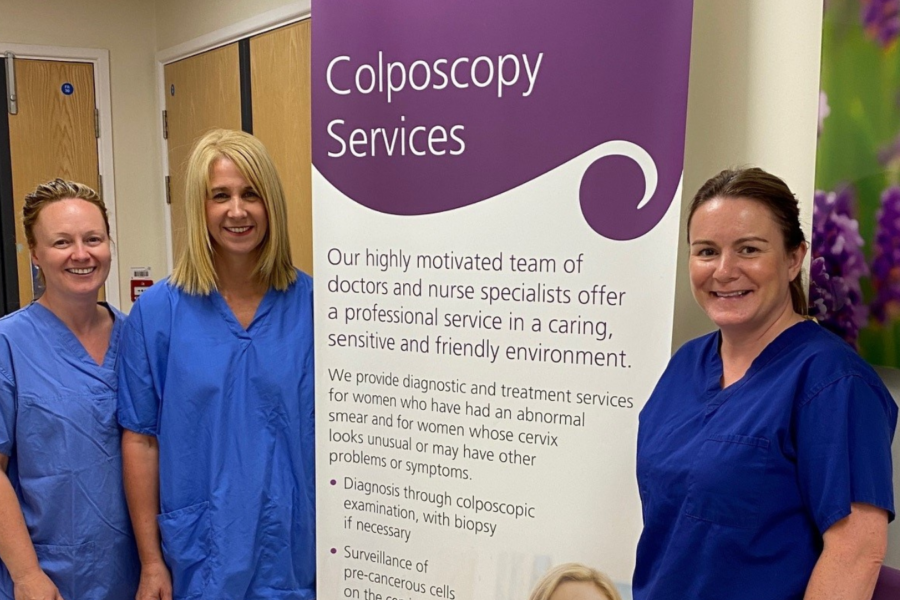Our main services
All gynaecology services
-
Colposcopy
-
Early pregnancy care
-
Endometriosis
-
Gynaecology Acute Treatment Unit (GATU)
-
Gynaecology ward
-
Gynaecology outpatients clinic
-
Hysteroscopy
-
Menopause care
-
Urogynaecology
If you would like more information about a gynaecological condition please see the NHS Health A to Z or Women’s health hub.



